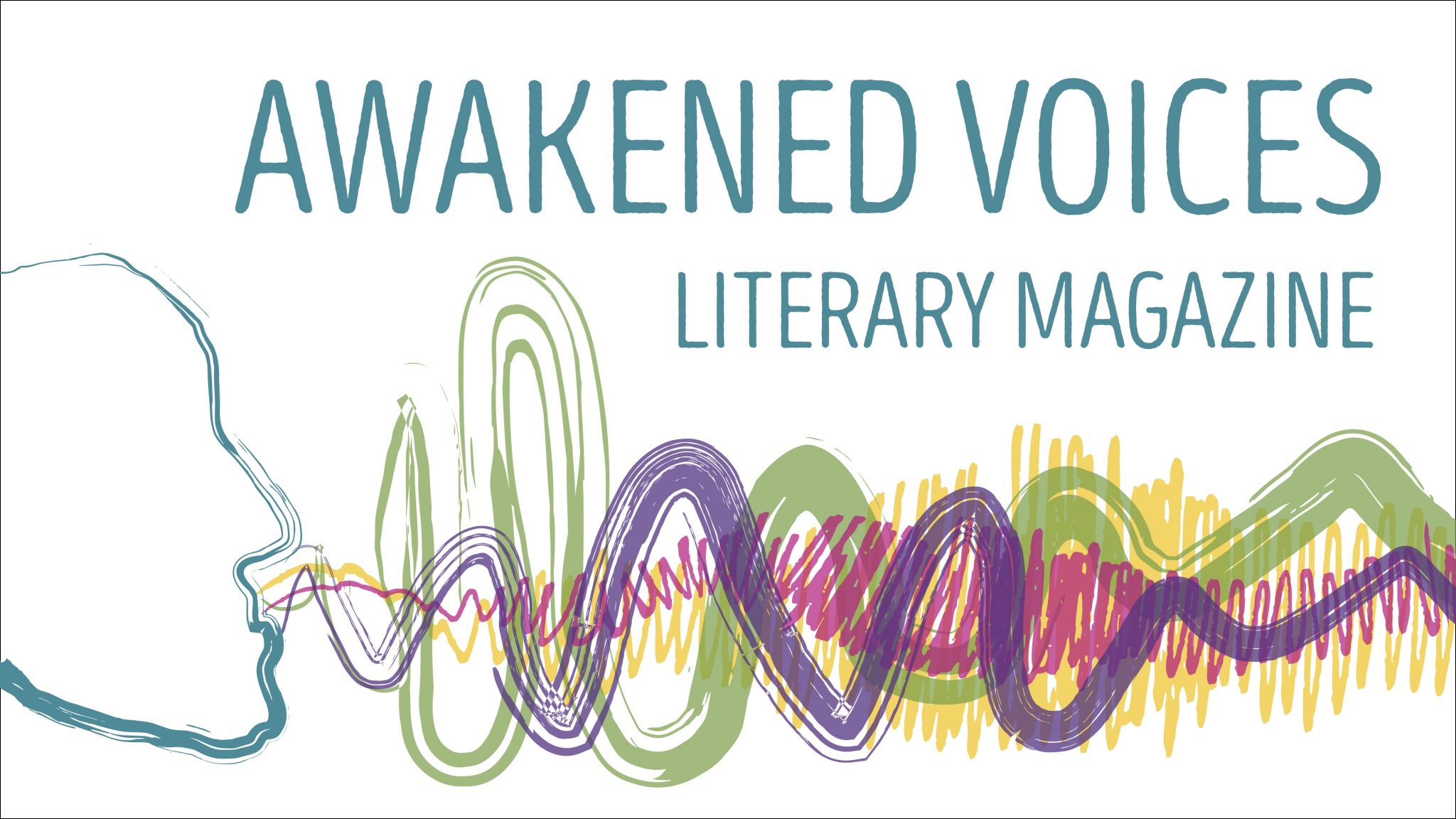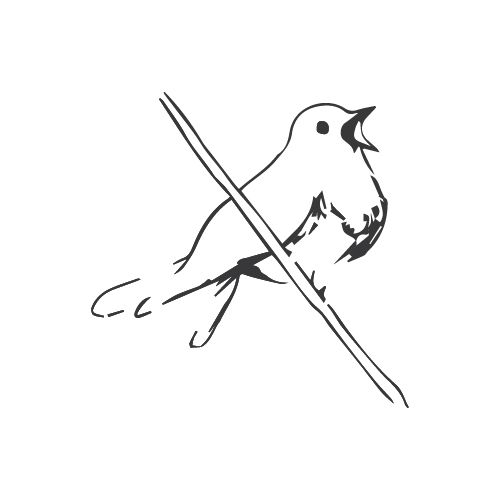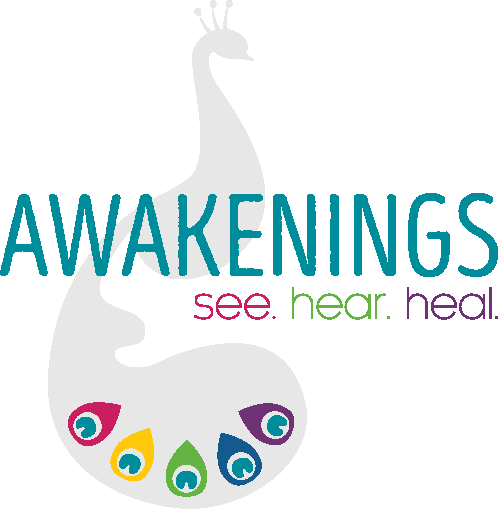
| J. Askew’s poetic piece on recovery imagines her yellow bruises as canaries, and magical realism provides a pathway to love of a body that has been through trauma. When these bruises transform into birds — separate living beings to be loved, cherished, and cared for — Askew moves through her pain, but not alone. Although the canaries fade away as all bruises do, Askew lives on to remember them as a survivor. |

Dead Canaries: The Bruises on our Wrists
by J. Askew
Spots of black turned to purple and then to that grayish yellow that reminds me of poor dead birds. The bruises lay on my wrist and ass for over a week – a dirty reminder of the force needed to subdue a woman like me. I had fight. I had pluck, but I didn’t have the strength to stop those bruises. Although they faded, I still wore them every day like all the other people who had faced the same fight as me.
I saw them as little canaries that fell from the sky. The yellow birds were flying. They were golden dots in a blue sky, full of optimism, full of freedom. The birds would chatter and sing together, sharing stories of their adventures and their achievements. When the sun went down, the birds would too and sleep soundly without guilt and without doubt. In the morning, they flew to the brightness, joining it for the day like a dawn that spread into hearts.
One day, the canaries were taken against their will. They were flying like any other day through the blue to sing with each other, but something reached up to the sky like a grizzled steel hand and plucked them from their freedom. The hand dragged the birds down, but all was dark to them and they could not see that their sunshine had been taken, not lost.
The force that was needed to bring them down crushed them against a solid surface. Their feathers lay crumpled against hard sides and their beaks were silenced in fear. Maybe they whispered to each other and wondered what was happening. Maybe they held each other in the dark and cried with confusion because they didn’t know their yellow was to turn gray.
They couldn’t see that they were now black. Nor could they tell that they had turned to a purplish blue. But when their yellowness came back, a dirty yellowness that they had not known before, they didn’t rejoice for their natural colour because this wasn’t it. It wasn’t life for them. It was a strangely tinted world where their yellow was old and rotten, full of hate and frustration. Their new yellow was a hex on their bright young souls.
When the steel hand that took them opened for their release, they did not see the blue sky they expected. Instead, everything was gray. A face looked down at their dimming gold. It traced their edges with tearful eyes and took photos of their fading like it needed to document their fall from the blue vastness above. The canaries couldn’t have known why this woman wept for them, but they knew that they were fading, and soon the woman would fade too.
When they faded to nothing and squeaked their last goodbyes, the woman thought of them every day for the rest of her life. The yellow was a tarnished blonde like herself, and when it was gone, only the memory of the dead canaries haunted her world.
*
J. Askew enjoys exploring mental health issues, sexual identity, and disability through sci-fi and horror. She is a member of the Horror Writers Association and aims to be a leading female author in her genres. Her debut novel, Green Again, which explores mental health and neurodiverse people at the end of the world, is currently in editing and will be released in 2020. In the meantime she is enjoying writing short stories that show the strength of those with alternate needs in a sci-fi or horror setting. She is a member of the LGBTQ community and identifies as bisexual. J. Askew tweets at @J_Askew_Author.
